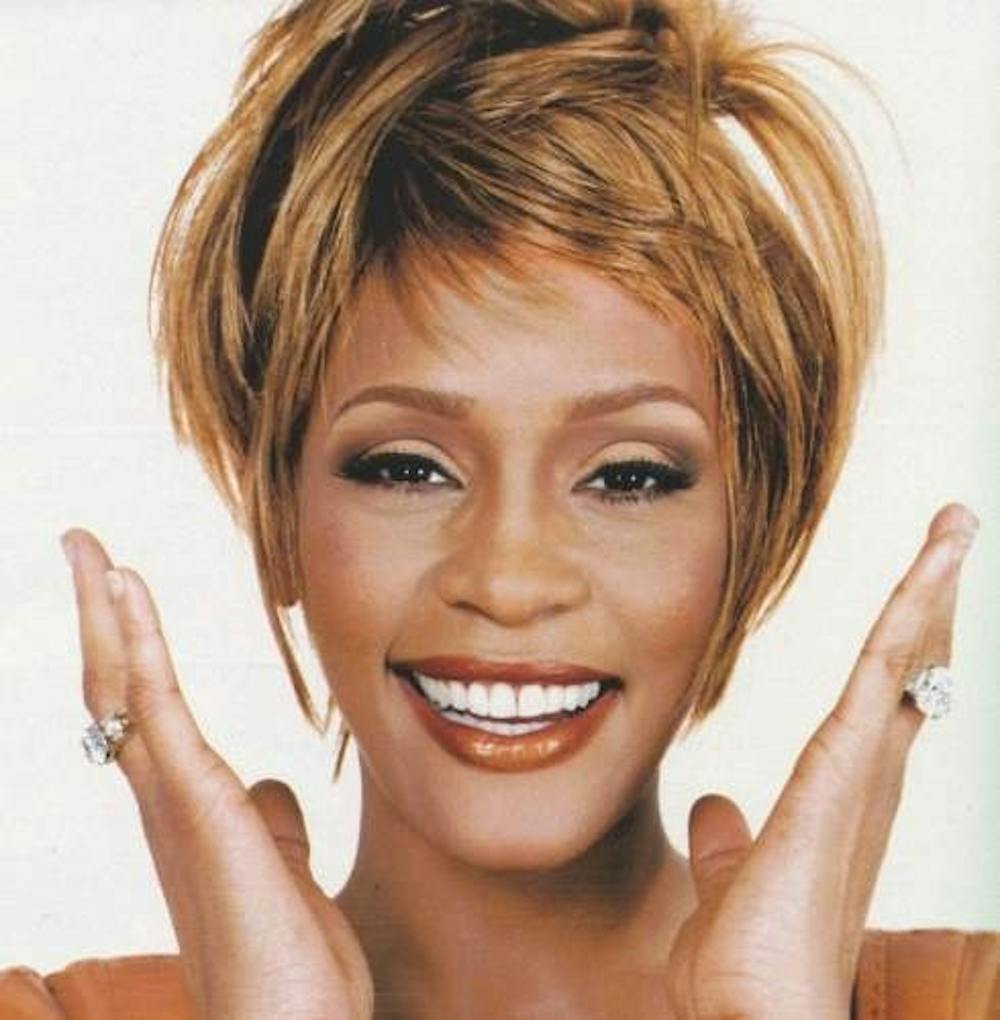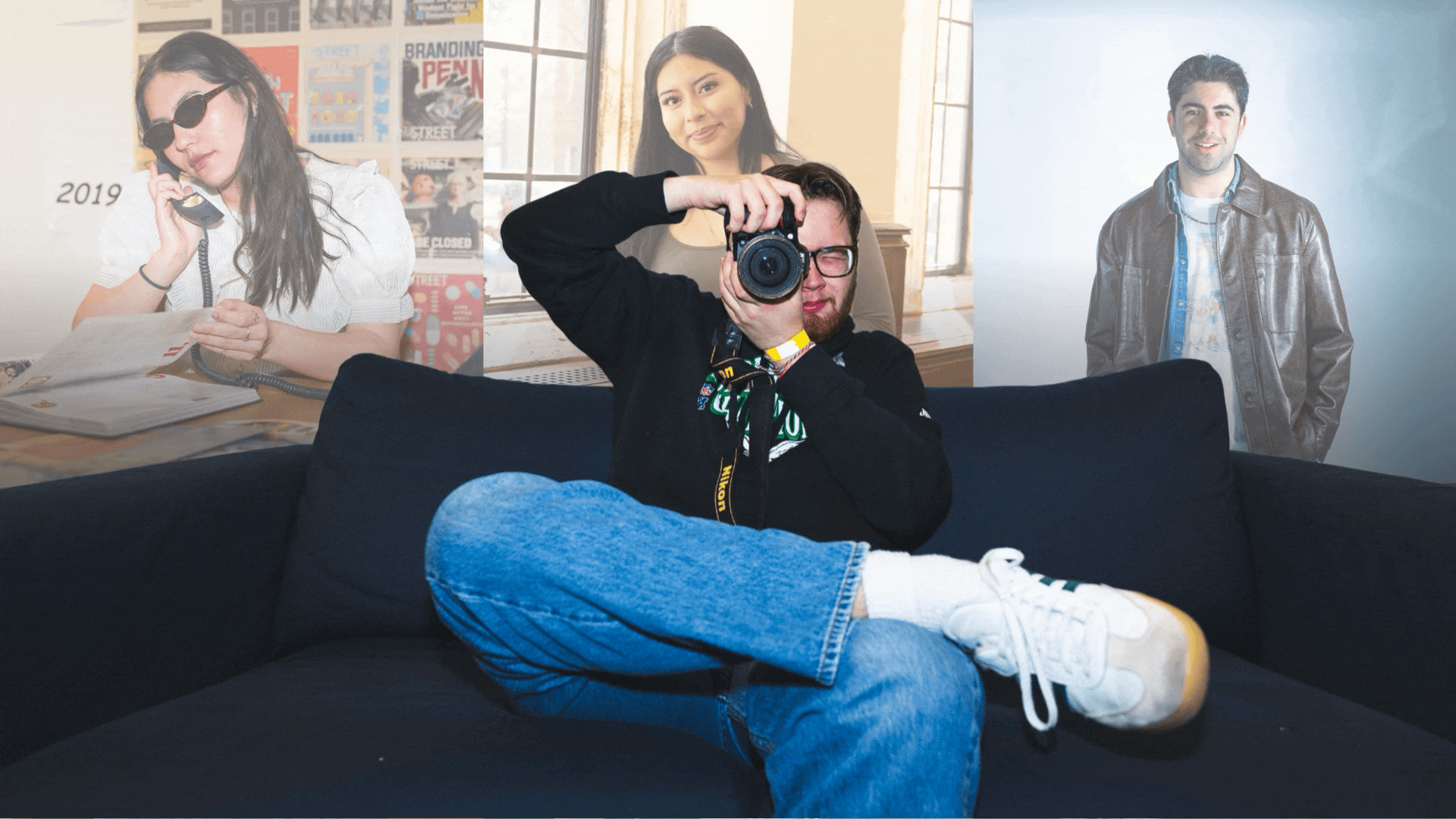It all happened so quickly. I absentmindedly opened my browser to check my email and there it was on People.com. Breaking News: Whitney Houston is Dead. My heart sank. She was so young! This was so sudden! She had such a phenomenal voice and she was, like, every current pop diva’s main inspiration.
I needed air, so I rushed down my hall, bombarding a friend with the catastrophic news. Mournful texts were piling up in my inbox. This was worse than Amy Winehouse.
I was not alone in my devastation. “RIP Whitney” statuses clogged my news feed. Media outlets and Saturday night conversations all revolved over Houston’s tragic, untimely demise. The Grammys organized an impromptu tribute. “I Will Always Love You” shot to number one on the iTunes charts. No one could deny it was a huge loss.
Or could they? Within the 24 hours following Houston’s passing, I noticed certain Facebook posts between the countless RIPs calling America’s mourning into question. “1 person dies and 100 million cry,” they read, accompanied by photos of Whitney. Then, adjacent to a picture of several malnourished African babies, it continued, “1 million people die and no one cries.”
I was offended. It was unseemly to equate mourning the loss of a talented celebrity to being insensitive about anonymous deaths around the world. But then again, was I a diehard Whitney fan? I’m not so sure. Actually, I think my passion for Whitney Houston has quadrupled after her death. I’ve probably contributed 100 YouTube views to Houston’s rendition of the National Anthem at the 1991 Super Bowl over the last few days.
I began to wonder if mourning celebrity deaths was completely superficial. Think about Heath Ledger and Michael Jackson. I’m a proud celeb gossip addict, but is it insensitive to feign devastation when a single stranger dies?
At the end of the day, I think the loss of celebrities is somewhere in between losing a close friend and hearing about the death of someone you've never heard of. To pretend to be as sad as someone who really knew Whitney Houston is inappropriate, but there’s nothing fake or wrong with publicly feeling natural sorrow for someone who influenced society for so many years. Hearing of any loss can merit grief, but people often need to feel an accessible connection to the deceased to feel prolonged emotion.
So yeah, I teared up watching Jennifer Hudson sing in tribute of the legendary Whitney Houston and her incomparable voice. But I think that after watching The Bodyguard a couple dozen times I’ll be just fine.







